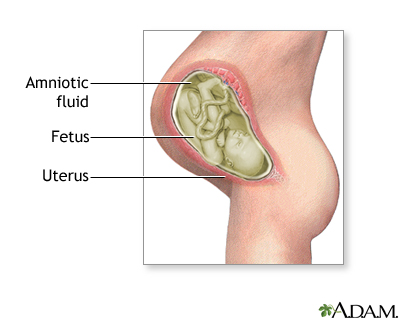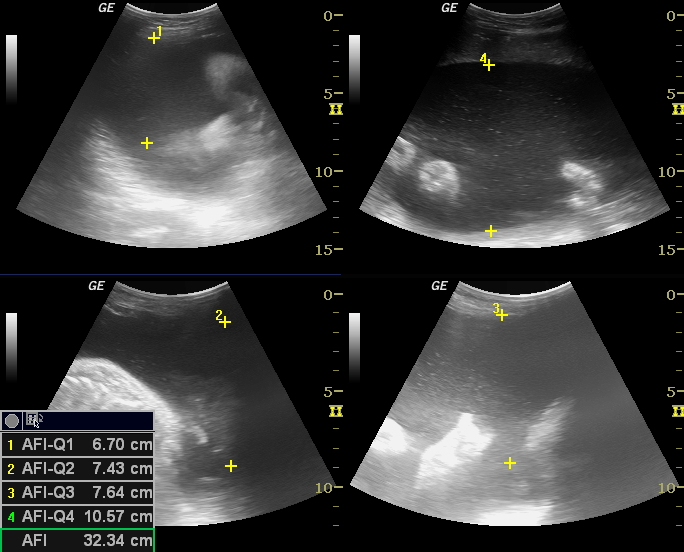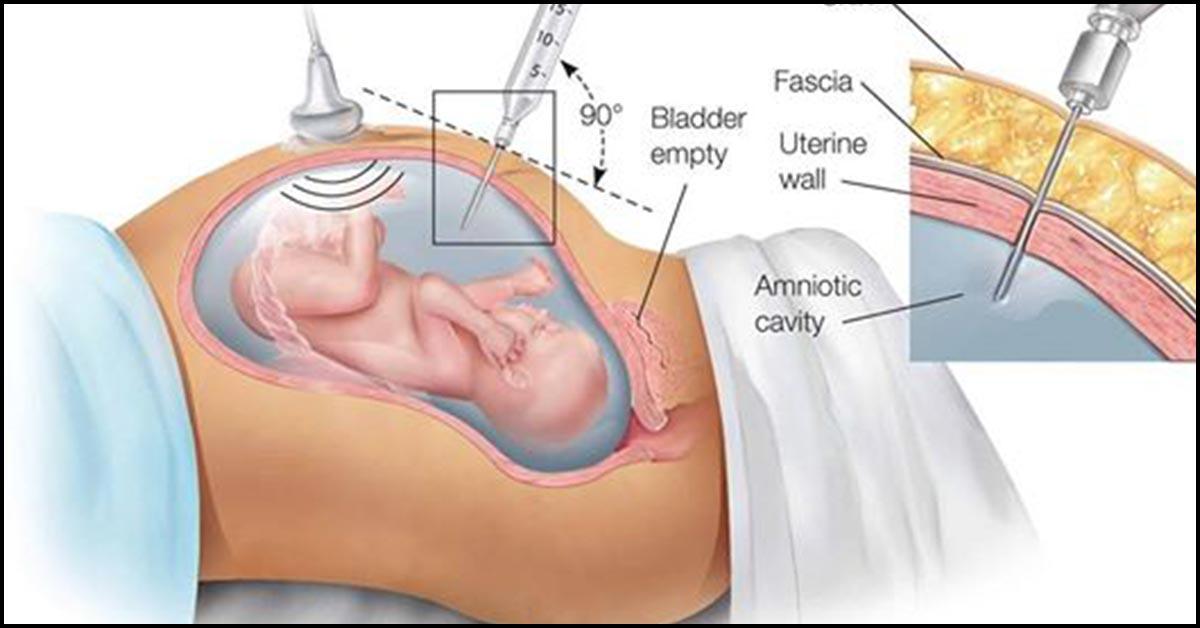how do you check amniotic fluid levels Fluid amniotic leaking pregnancy if during treatment know signs
As expectant parents, it’s common to have many questions about the various elements of pregnancy, including amniotic fluid. This important fluid is crucial to the health and development of your growing baby, and understanding the signs of leakage and other issues could help ensure a healthy pregnancy and delivery. If you suspect that your amniotic fluid may be leaking, it is essential to contact your healthcare provider right away. In the meantime, here are some signs to be aware of: - Strong Odor: Amniotic fluid has a distinct, slightly sweet smell that is different from urine or other bodily fluids. If you notice a strong odor, it could be a sign that your amniotic fluid is leaking. - Discharge: If you experience a sudden increase in vaginal discharge, it could be a sign that amniotic fluid is leaking. The fluid may be clear, white or slightly pink, and could come out in a slow trickle or a gush. - Wet Underwear or Bedding: If you notice that your underwear or bedsheets are damp, it could be a sign of amniotic fluid leakage. It’s important to pay attention to any changes in your body and contact your healthcare provider right away if anything seems out of the ordinary. Additionally, there are some steps that you can take to potentially reduce your risk of amniotic fluid leakage. One of the most important is to stay hydrated by drinking plenty of water throughout the day. Adequate hydration can help ensure that your body has enough fluid to produce amniotic fluid, which can reduce the risk of dehydration or low fluid levels. It’s also important to avoid certain activities that could potentially lead to amniotic fluid leakage, such as heavy lifting or strenuous exercise. While moderate exercise is generally safe for pregnant women, it’s important to check with your healthcare provider before starting any new exercise program. Finally, if you do experience amniotic fluid leakage or suspect that your amniotic fluid may be leaking, it’s important to seek medical attention right away. Your healthcare provider may recommend additional testing or monitoring, and in some cases, early delivery may be necessary to ensure the health and safety of both you and your baby. In conclusion, understanding the signs of amniotic fluid leakage and taking steps to reduce your risk can play a key role in ensuring a healthy pregnancy and delivery. If you have any concerns or questions about your amniotic fluid levels, don’t hesitate to contact your healthcare provider. They can provide guidance and support during this exciting time.
If you are looking for Amniotic fluid | UF Health, University of Florida Health you’ve came to the right web. We have 5 Images about Amniotic fluid | UF Health, University of Florida Health like How To Recognize Leaking Amniotic Fluid And What To Do?, Pin on Pregnancy Tips and also Pregnancy: Amniotic Fluid | FabMoms Prenatal & Postnatal Class for. Read more:
Amniotic Fluid | UF Health, University Of Florida Health
 ufhealth.orgfluid amniotic fetus crave students international why food references surrounds womb information union student health
ufhealth.orgfluid amniotic fetus crave students international why food references surrounds womb information union student health
Amniotic Fluid Index Chart: How To Read The Chart And Deal With
 www.newhealthadvisor.orgfluid amniotic index chart ultrasound atresia volume fetal biophysical profile size oesophageal levels radiopaedia gestational age pregnant
How To Recognize Leaking Amniotic Fluid And What To Do?
 www.momjunction.comfluid amniotic leaking pregnancy if during treatment know signs
www.momjunction.comfluid amniotic leaking pregnancy if during treatment know signs
Pregnancy: Amniotic Fluid | FabMoms Prenatal & Postnatal Class For
 fabmoms.inamniotic fluid
fabmoms.inamniotic fluid
Pin On Pregnancy Tips
 www.pinterest.comamniotic
www.pinterest.comamniotic
Amniotic fluid. Pin on pregnancy tips. Fluid amniotic leaking pregnancy if during treatment know signs